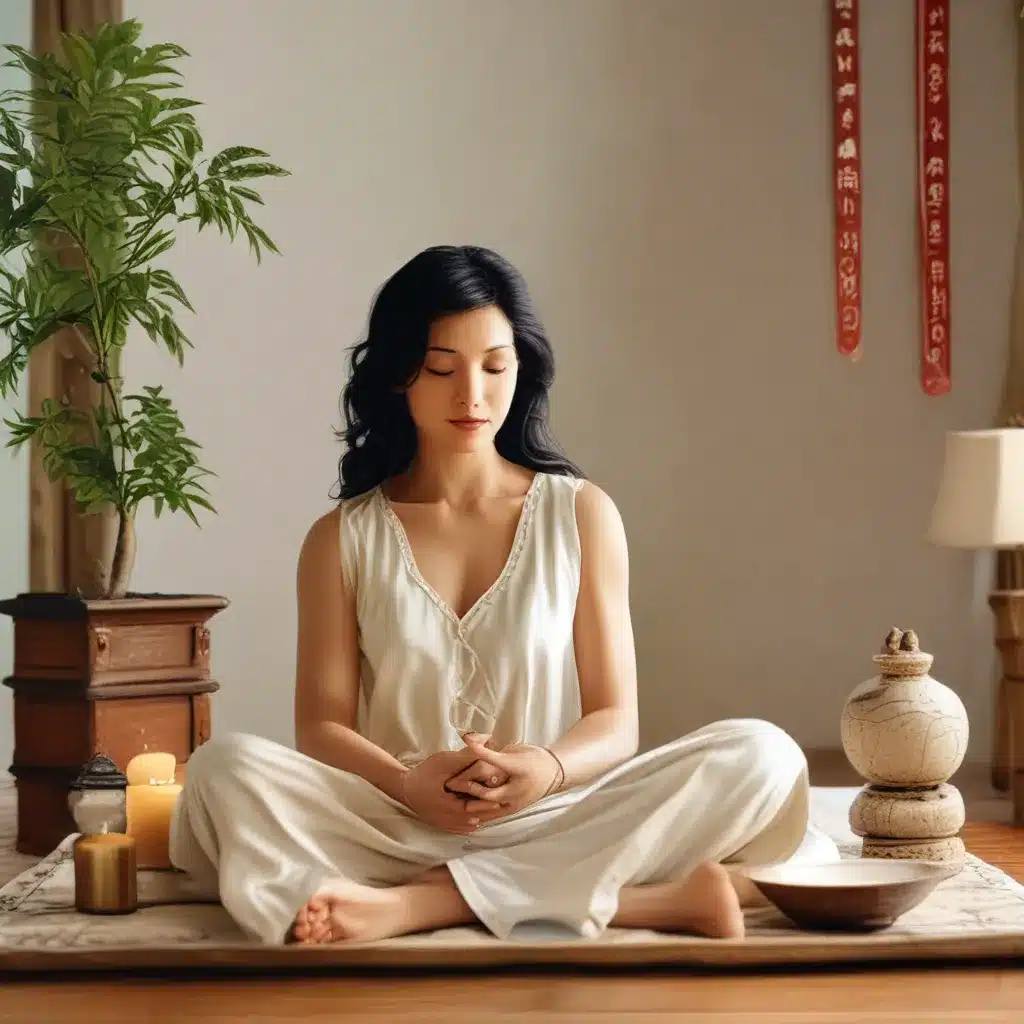
Decluttering and Recharging: The Feng Shui Way
As I stepped into the serene lobby of Hotel Stay Inn Seoul, the calming energy instantly washed over me. The minimalist yet elegant decor, the strategically placed plants, and the overall sense of balance and harmony – it all felt like a breath of fresh air. That’s when I realized, this place had nailed the principles of feng shui, the ancient Chinese art of harmonizing individuals with their surrounding environment.
You see, I’ve always been fascinated by the concept of feng shui and how it can positively impact our lives. Growing up, my grandmother would constantly rearrange the furniture in our home, insisting that it would bring us better luck and prosperity. At the time, I didn’t fully understand the reasoning behind her actions, but now, as an adult, I can appreciate the profound wisdom in the practice of feng shui.
The Art of Harmonizing Your Space
Feng shui is all about creating a sense of balance and flow within your living or working environment. It’s not just about aesthetics – it’s about cultivating an energy that nourishes your mind, body, and soul. And the best part? Anyone can incorporate these principles into their space, regardless of its size or layout.
One of the core tenets of feng shui is the idea of decluttering. As Anjie Cho, a feng shui expert and architect, explains, “A very full closet tells the universe that you have enough or even maybe too much and that you do not have room for anything new.” This concept applies not just to our physical possessions, but also to our mental and emotional state.
When we’re surrounded by clutter, whether it’s in our homes or in our minds, it can create a sense of stagnation and overwhelm. By clearing out the excess, we make space for new opportunities, fresh ideas, and a renewed sense of clarity.
Transforming Your Bedroom: The Epicenter of Relaxation
One of the most important spaces to focus on when applying feng shui principles is the bedroom. After all, this is where we spend a significant portion of our time, seeking rest and rejuvenation. And as Anjie Cho’s blog suggests, there are a few key elements to consider.
First and foremost, the placement of the bed is crucial. Ideally, you want the bed to be in a “commanding position,” which means it should be facing the door, but not directly in line with it. This helps you feel more secure and in control of your environment. Additionally, it’s best to have the headboard against a solid wall, as this provides a sense of support and stability.
Another important factor is the flow of energy, or “chi,” in the room. Anjie Cho recommends that you avoid placing the bed under a window or directly across from the door, as this can disrupt the natural flow of energy. Instead, try to position the bed in a way that allows for easy movement around the room, without any obstructions or “dead” corners.
Decluttering and Simplifying for a Harmonious Life
Now, I know what you might be thinking: “But I love my stuff! How can I possibly let go of all the things I’ve accumulated over the years?” Well, let me share a lesson I learned from the tiny house movement, as described in this article on Tiny Buddha.
The author, Diane Lau, explains that the key is to focus on what truly brings you joy and enhances your quality of life, rather than holding onto things just because you think you might need them someday. It’s about shifting your mindset from “I might use this one day” to “What can I let go of to make room for the things that truly matter?”
This applies not just to physical possessions, but also to our mental and emotional baggage. How many times have we held onto negative thoughts, self-limiting beliefs, or unhealthy relationships, thinking that they might serve us in some way? But the truth is, they’re just weighing us down and preventing us from fully embracing the present.
Cultivating a Mindful Approach to Life
By applying the principles of feng shui, we can learn to be more mindful and intentional about the energy we’re creating in our lives. It’s not just about rearranging furniture or decluttering our closets – it’s about cultivating a deeper awareness of how our environment affects our well-being.
As Anjie Cho explains, feng shui is about “becoming aware and attentive to the energy around you both inner and outer qi. It is about promoting a better way of living and creating sacred spaces that support and nourish.”
And this is exactly what I experienced at Hotel Stay Inn Seoul. The moment I stepped into the hotel, I felt a sense of calm and clarity wash over me. The thoughtful design, the strategic placement of elements, and the overall harmony of the space had a profound impact on my mood and mindset.
Finding Balance and Harmony in Your Life
Ultimately, the principles of feng shui are not just about rearranging your physical environment – they’re about finding balance and harmony in all aspects of your life. By decluttering, simplifying, and creating a space that nourishes your mind, body, and soul, you can unlock a newfound sense of peace, clarity, and joy.
So, the next time you find yourself feeling overwhelmed, stressed, or disconnected, I encourage you to take a step back and explore the transformative power of feng shui. Whether it’s starting with your bedroom, reorganizing your closet, or simply taking a mindful pause throughout your day, the journey towards a more harmonious life is waiting for you.
Remember, as the ancient Chinese proverb says, “The journey of a thousand miles begins with a single step.” So, why not take that first step towards a more balanced and stress-free life? Your mind, body, and soul will thank you for it.

